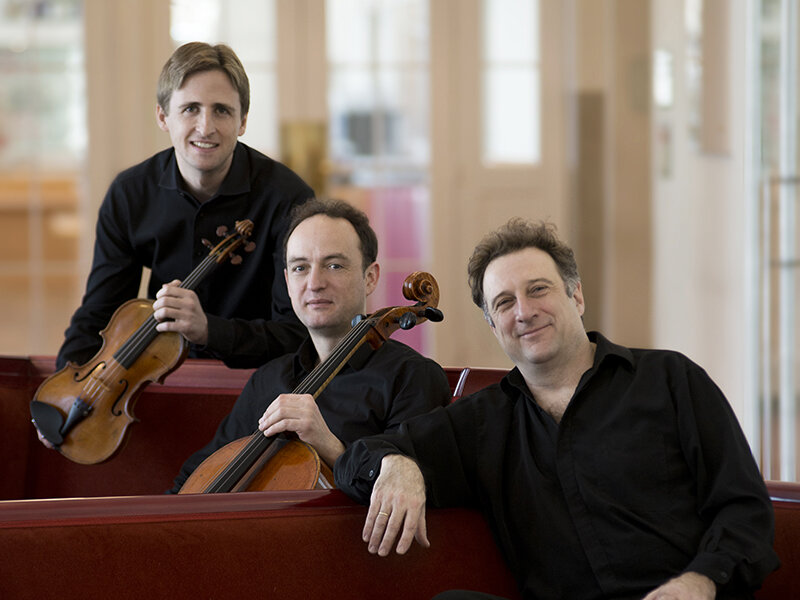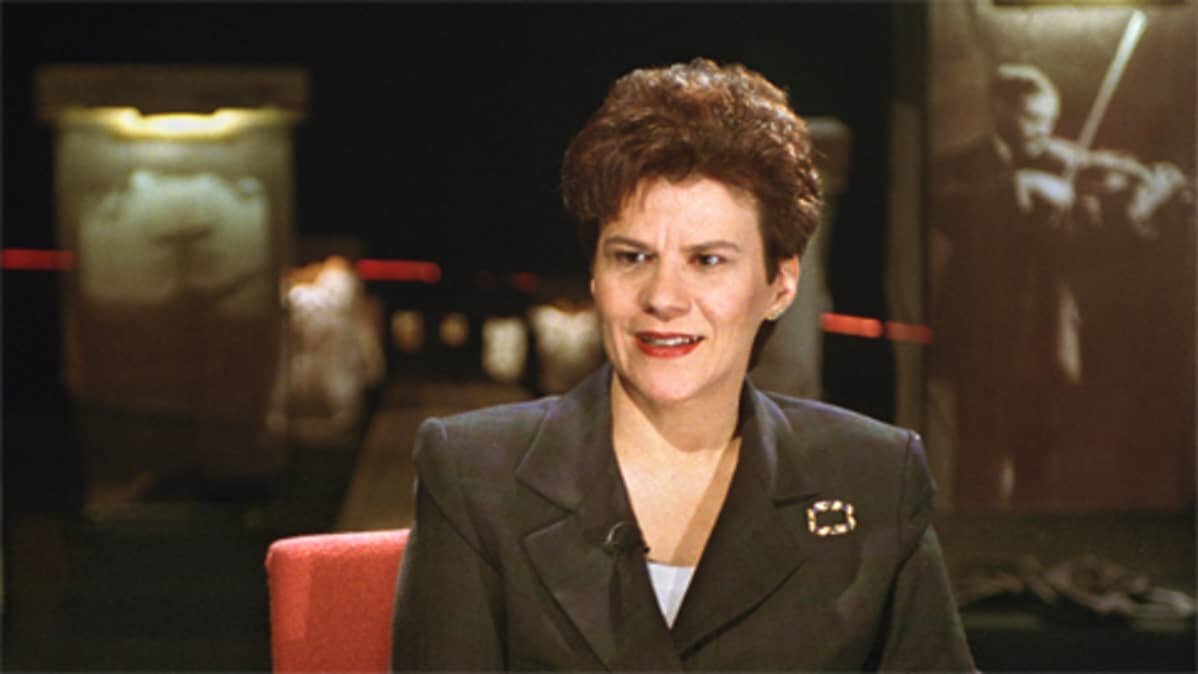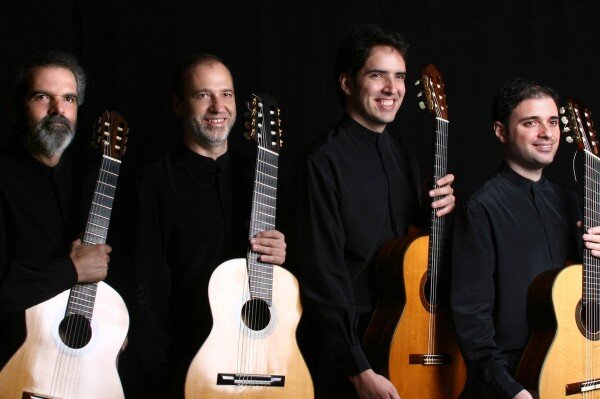The End of an Era: Joyce Bodig Ends Thirty-Six Year Directorship of Music at The Frick Collection
/By Raymond Beegle
8/30/2020
On December 14th, 1938, Thomas Mann wrote in his diary “…read in The Social and Economic History of the Roman Empire by Rostovtzeff, the decline of the culture of antiquity. Central phenomenon: gradual absorption of the educated classes into the masses. Simplification of all functions of intellectual life: barbarization.” Entries before and after this date show his awareness of a parallel phenomenon taking place in his newly adopted American homeland. We have seen for ourselves its progression through subsequent decades, and witnessed, for example, the New York Philharmonic Orchestra playing a Beethoven symphony to accompany a Walt Disney film; the Metropolitan Opera producing Broadway shows; and the jazz personality Chic Correa striding on stage in a tuxedo and tennis shoes as guest of the Chamber Music Society of Lincoln Center to play a forgettable and forgotten “crossover” piece he composed for their affable but not terribly discerning public. During this decline in the city’s cultural life virtually the only institution that has maintained the highest standards of our musical tradition has been The Frick Collection, which began its concert series in the same year that Mann made his observation.
The greatest artists, Wanda Landowska, Gregor Piatigorsky, Artur Schnabel, the Guarneri String Quartet, have given concerts at the palatial Frick mansion in an oval concert room, built after the industrialist’s death. For decades, the concerts were offered free of charge; one simply wrote for one or two tickets in advance, and they were reserved on a first come first served basis, although museum patrons could arrange preferential treatment. In recent years, a nominal charge became necessary, but capacity audiences still celebrated one of New York’s greatest cultural treasures. Its brilliance had been maintained and enhanced for the past thirty-six years through the management of its elegant and deeply discerning Concerts Coordinator, Joyce Bodig, who possessed an unerring sense of what is best in the music world, and what her knowledgeable public had come to expect. She has told me some of the secrets of upholding a tradition of superlative performances in the midst America’s cultural decline.
“You have to love your product to be successful, and I do,” said Ms. Bodig. “I’ve always been good at business, and I learned to negotiate contracts, deal with temperamental artists, arrange rehearsal schedules, and attract audiences.” Under her directorship this audience became diverse in age and background, due to high visibility in the media and an astonishing display of imaginative programming. Ms. Bodig’s concert series attracted New York’s most discerning listeners: no cell phones to be seen (or heard), no rustling of programs, no cellophane candy wrappers. Instead, an intense silence would fall over the house just before the music began.
Often the Frick Collection Concerts hosted the debut of artists who already had distinguished careers in Europe. Pianist Dejan Lazic, for example, debuted at the Frick and was subsequently invited to perform at the Mostly Mozart Festival; the Vienna Piano Trio, which also debuted at the Frick, was soon invited to perform on the Great Performers series at Lincoln Center. Classical Voice readers might be especially interested to know of the prominent European singers that Ms. Bodig presented to American audiences, among them Matthias Goerne, Felicity Lott, Ian Bostridge, Wolfgang Holzmair, Holger Falk, Gerald Finley, Sergei Leiferkus, and Soile Isokoski.






Although there was no specific template for each season’s series, the usual solo recitals, chamber groups and string quartets were always supplemented with the new and innovative.
Ensembles of unusual composition frequently appeared on her concert schedule, the Brazilian Guitar Quartet, which opened the 2016/17 season being a case in point. Made up of two six-string guitars, and two with eight strings, they produced a phenomenally rich and varied sound, and their repertoire of Spanish and (apart from Villa Lobos) virtually unknown Brazilian composers, was no less than spellbinding.
Over the span of many years one hears now and again a superlative performance, rare among even the great artists, where something undefinable occurs. It is inspiration, one supposes, where the same notes are played with the same skill, but inexplicably these notes mean worlds more than they usually mean. A striking number of them took place for me in the beautiful oval concert hall at the Frick. I recall especially the German cellist Julius Berger, the great Russian pianist Arsentiy Kharitonov, Finnish soprano Soile Isokoski, and the Moscow String Quartet.
Joyce Bodig’s formidable achievement is now safe in the past where no one can cause it harm. Through recording technology, it is safe in the future as well, where anyone with a mind and heart can witness a world standard unsurpassed for artistic excellence.
At present, nothing appears on the horizon that promises to equal what she has done. The Frick’s historic music room is to be demolished, replaced by a “purpose-built,” “state-of-the-art” space in the style of an amphitheater. The museum’s publicist promises a “characterful” acoustics.
Raymond Beegle reviews classical music and opera for the New York Observer and Fanfare Magazine. For many years he was Contributing Editor of Opera Quarterly, the Classic Record Collector (UK), and also appeared on The Today Show (NBC) and Good Morning America (CBS). As an accompanist, he has collaborated with Zinka Milanov and Licia Albanese. Currently Mr. Beegle serves on the faculty of Manhattan School of Music in New York City.



